A New Era of Nuclear Proliferation: Key Concerns
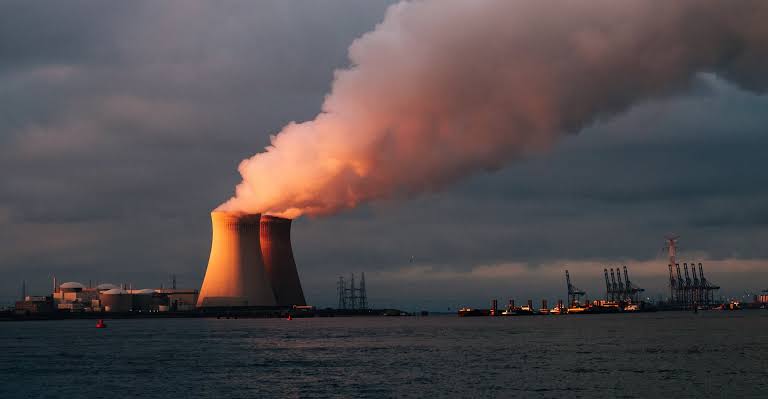
Recent events, particularly President Trump's actions against Iranian nuclear installations, have ignited fears that more countries will conclude that possessing nuclear weapons is their only safeguard in a threatening world. This sentiment is amplified by the perceived unreliability of major nuclear powers and the lesson some draw from Ukraine's experience.
The Allure of the Bomb
For nearly two decades, the "nuclear club" has remained exclusive. North Korea, the last country to gain membership, has since been viewed as largely impregnable, even exchanging friendly letters and holding meetings with President Donald Trump. This stands in stark contrast to Iran, which faced pre-emptive strikes just weeks after a diplomatic overture. As Robert J. Einhorn, an arms control expert, notes, "The risks of Iran acquiring a small nuclear arsenal are now higher than they were before the events of last week." He suggests that hard-liners in Iran may now argue for crossing the nuclear threshold.
The logic of proliferation looms large in a world where major nuclear powers – the United States, Russia, and China – are seen as increasingly unpredictable. Christopher R. Hill, who led talks with North Korea, observes that "Certainly, North Korea doesn’t rue the day it acquired nuclear weapons." He believes the lure of the bomb has grown stronger for traditional U.S. allies in the Middle East and Asia who once relied on an American security umbrella. With a president like Trump, who champions "America First," these allies are questioning the reliability of that protection.
Shifting Sands for U.S. Allies
This uncertainty is particularly evident in South Korea and Japan. Support for developing nuclear weapons has risen in South Korea, despite its current president's efforts to improve relations with North Korea. In response, President Biden signed a deal in 2023 to involve Seoul more deeply in U.S. nuclear planning, aiming to preempt an independent South Korean nuclear push.
In Japan, a long-standing advocate for disarmament due to the devastating impact of the 1945 atomic bombs, the debate has shifted to whether to store U.S. nuclear weapons on its soil, mirroring some NATO members. Former Prime Minister Shinzo Abe even suggested that Ukraine might have avoided Russian invasion if it had retained its Soviet-era bombs.
The Ukraine Paradox and Nuclear Blackmail
The war in Ukraine has profoundly influenced this calculus. President Putin's threats to use tactical nuclear weapons early in the conflict caused the Biden administration to temper its military aid to Ukraine. This incident deepened fears that other revisionist powers might use nuclear blackmail against their neighbors. As Brookings Institution analysts Bruce Riedel and Michael E. O’Hanlon wrote in 2022, the lesson of Ukraine could be: "If you have nuclear weapons, keep them. If you don’t have them yet, get them, especially if you lack a strong defender like the U.S. as your ally and if you have a beef with a big country that could plausibly lead to war."
The Middle East: A History of Dashed Dreams
Saudi Arabia, a key U.S. ally and Iran's archrival, is closely watching Tehran's nuclear ambitions. Experts suggest that if Iran were to obtain a nuclear weapon, Saudi Arabia would face immense pressure to develop its own. While the U.S. has offered assistance to a Saudi civil nuclear program as reassurance, these negotiations were interrupted by the Israel-Hamas conflict.
Despite these predictions of a regional arms race, it has yet to materialize. Experts attribute this to successful nonproliferation policies and the cautionary tales of countries that pursued weapons programs. The Middle East is littered with "dashed nuclear dreams." Iraq, Syria, and Libya all saw their programs dismantled through diplomacy, sanctions, or military force. Libya's experience is particularly stark: Muammar el-Qaddafi relinquished his weapons of mass destruction in 2003, only to face a brutal death eight years later after a NATO-backed military operation toppled his government. Even Iran's strategy of aggressively enriching uranium without building a bomb did not prevent military strikes.
An Uncertain Future
Gary Samore, a professor at Brandeis University, notes that Trump's actions against Iran demonstrate that Iran's current strategy isn't a guaranteed shield against military attack. While it's too soon to predict the full impact of the recent strikes on other countries' calculations, some experts see a potential silver lining. Einhorn suggests that by acting on his threat, Trump may have sent a reassuring message to U.S. allies, demonstrating American military capability and willingness to use it. "In Moscow, Pyongyang and Beijing," he says, "they’ve taken notice not just of the reach and capacity of the U.S. military, but the willingness of this president to use that capability."
The ultimate question remains: How will this all end? Will it lead to a new deal with Iran, or will Iran be left to pursue a nuclear weapon, further fueling global proliferation concerns?

 1 month, 1 week ago
1 month, 1 week ago
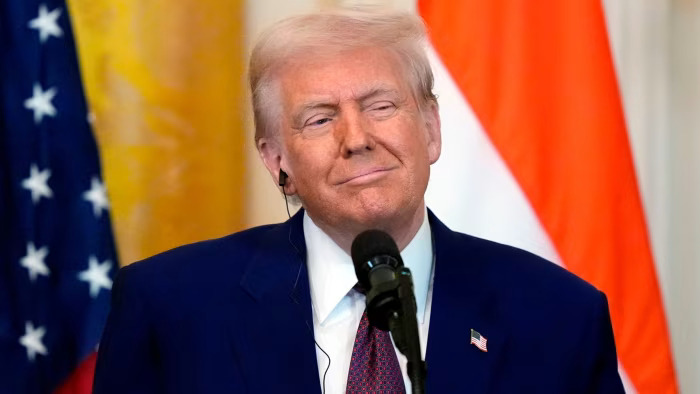

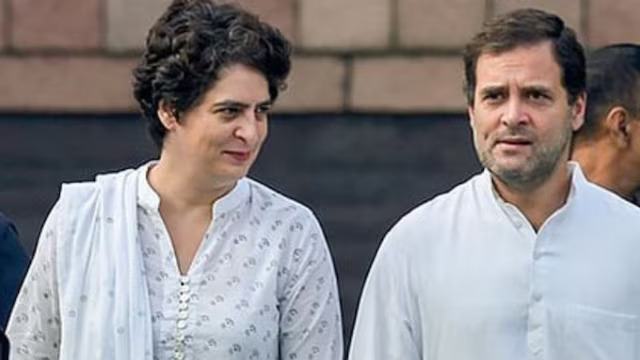
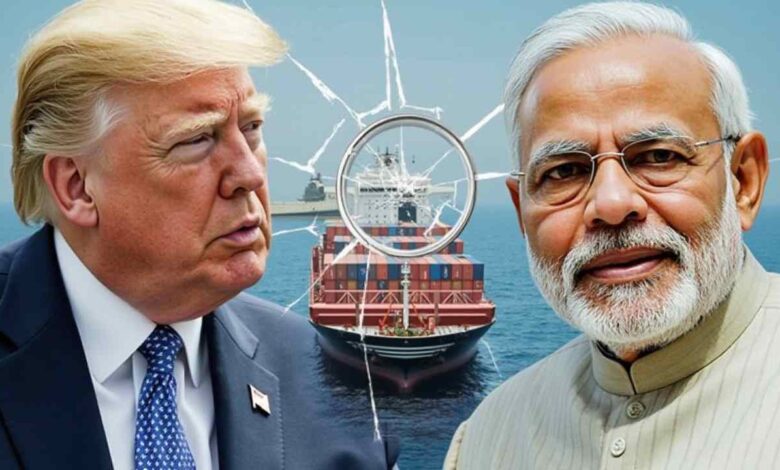
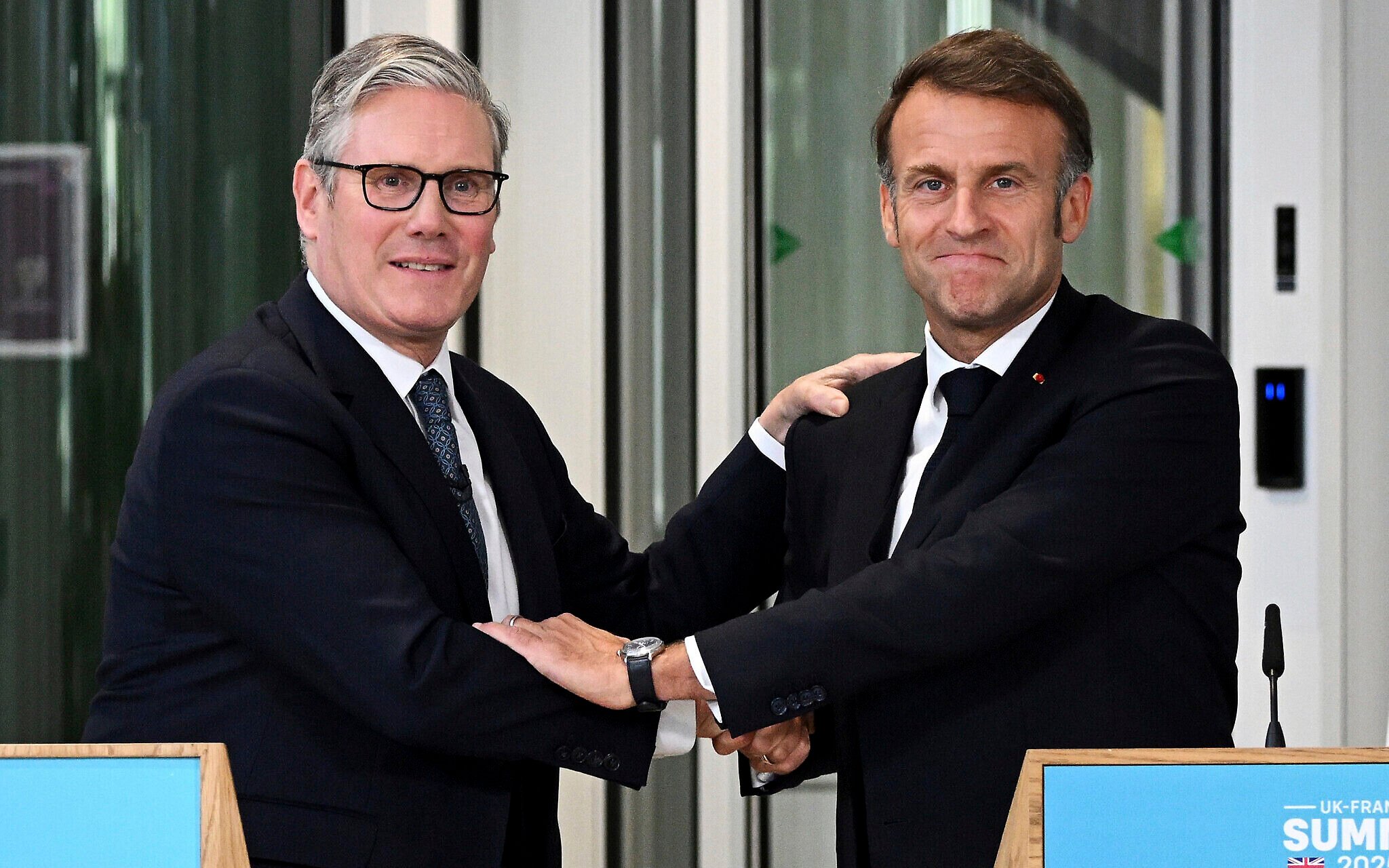



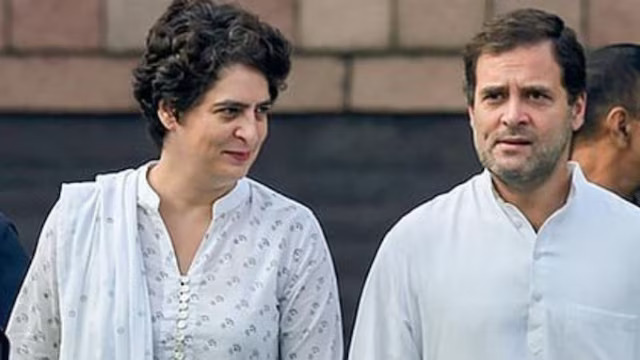


[[comment.comment_text]]